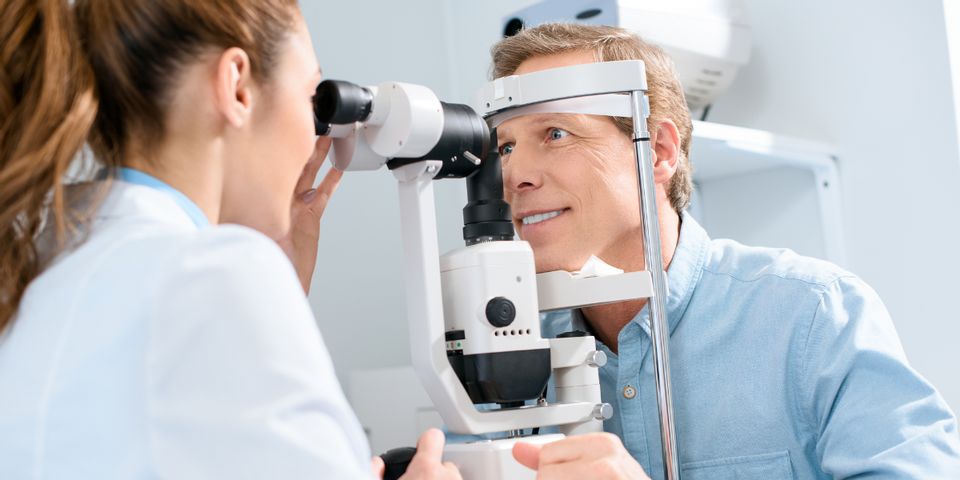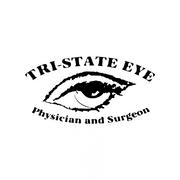
Understanding glaucoma will help you identify the symptoms early and seek treatment. This eye condition usually affects seniors, but people of all ages can experience it. Early detection will prevent serious problems and protect your eyesight. Review this guide to learn more about this disease.
A Brief Guide to Glaucoma
What causes it?
A buildup of fluid at the front of the eye causes pressure that damages the optic nerve, which connects to the brain. In open-angle glaucoma, the most common form of the condition, fluid doesn’t drain away properly, and pressure increases over time.
People with a family history of the disease are at greater risk, and medical problems such as heart disease, high blood pressure, and diabetes also increase the chances of having the condition. Other risk factors include farsightedness or nearsightedness, the use of steroid medications, and poor blood circulation.
What are the symptoms?
Because the disease often develops slowly, you might not notice any symptoms until it's quite advanced. The condition can eventually lead to blindness if not treated. Patchy blind spots begin in the peripheral or central vision, usually in both eyes.
With acute angle-closure glaucoma, which is less common than open-angle, pressure builds up quickly and causes severe headaches, vomiting, blurred vision, eye pain, and seeing rings around lights.
How is it treated?

Any vision that was lost before diagnosis can't be restored, but treatment can prevent the condition from worsening. Treatments include prescribed eye drops or oral medications that reduce pressure and surgery that allows fluid to drain more easily. Acute angle-closure glaucoma is an emergency that requires immediate medical attention.
How can it be prevented?
There’s no method that guarantees you will avoid the condition, but seeing an eye doctor for regular examinations will ensure they catch it early and can treat it as soon as possible.
Tell your eye doctor if you're taking steroids, as high doses may raise eye pressure. Doing regular exercise, limiting caffeine, and sleeping with a pillow that raises your head by about 20 degrees can reduce eye pressure.
For expert screening and treatment, rely on Tri-State Eye. Founded in 1993, they serve Middletown, NY, and Milford, PA. Using state-of-the-art technology, their doctors also offer treatments such as eye surgery, diabetic retinopathy, and solutions for cataract symptoms. Call (845) 703-2020 to reach their Middletown office or (570) 296-9696 for the Milford location. Visit them online to learn more about their services.
About the Business
Have a question? Ask the experts!
Send your question

